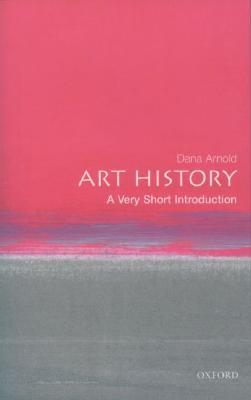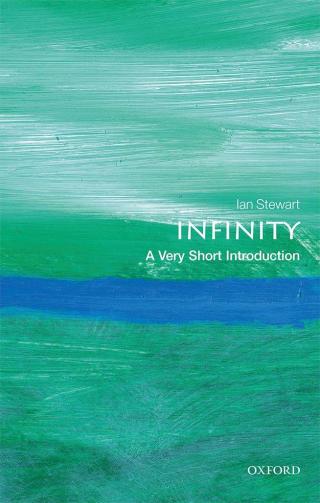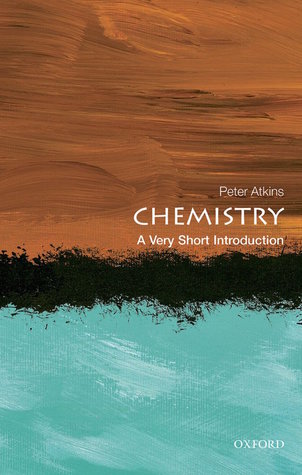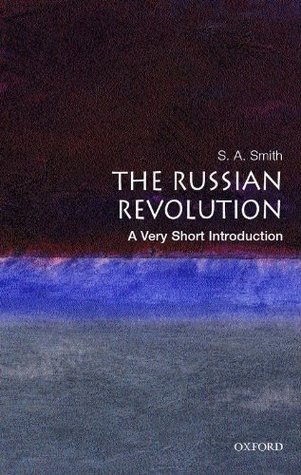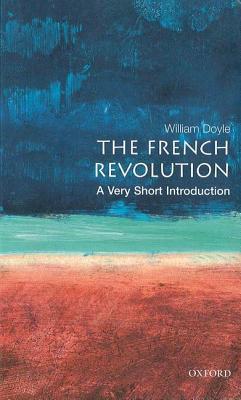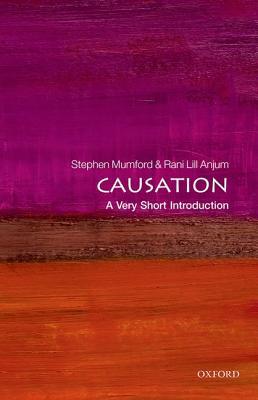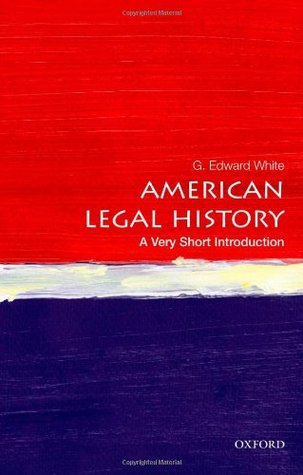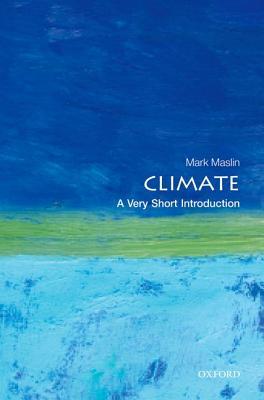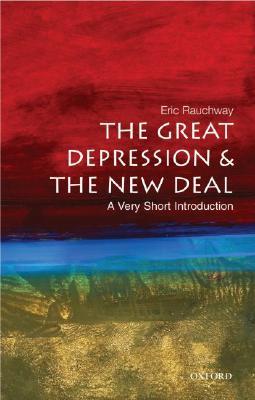This clear and concise new introduction examines all the major debates and issues in the field of art history, using a wide range of well-known examples. Dana Arnold also examines the many different ways of writing about art, and the changing...
Формат:
только полные версии
Infinity is an intriguing topic, with connections to religion, philosophy, metaphysics, logic, and physics as well as mathematics. Its history goes back to ancient times, with especially important contributions from Euclid, Aristotle, Eudoxus, and...
What is time? What does it mean for time to pass? Is it possible to travel in time? What is the difference between the past and future? Until the work of Newton, these questions were purely topics of philosophical speculation. Since then we've...
Most people remember chemistry from their schooldays as largely incomprehensible, a subject that was fact-rich but understanding-poor, smelly, and so far removed from the real world of events and pleasures that there seemed little point, except for...
This concise, accessible introduction provides an analytical narrative of the main events and developments in Soviet Russia between 1917 and 1936. It examines the impact of the revolution on society as a whole--on different classes, ethnic groups,...
Beginning with a discussion of familiar images of the French Revolution, garnered from Dickens, Baroness Orczy, and Tolstoy, as well as the legends of let them eat cake, and tricolours, Doyle leads the reader to the realization that we are still...
Causation is the most fundamental connection in the universe. Without it, there would be no science or technology. There would be no moral responsibility either, as none of our thoughts would be connected with our actions and none of our actions...
Law has played a central role in American history. From colonial times to the present, law has not just reflected the changing society in which legal decisions have been made-it has played a powerful role in shaping that society, though not always...
In this wide-ranging Very Short Introduction to climate, Mark Maslin considers all aspects of the global climate system, exploring and explaining the different components that control climate on Earth. He considers the processes that allow energy to...
The New Deal shaped our nation's politics for decades, and was seen by many as tantamount to the -American Way- itself. Now, in this superb compact history, Eric Rauchway offers an informed account of the New Deal and the Great Depression,...
